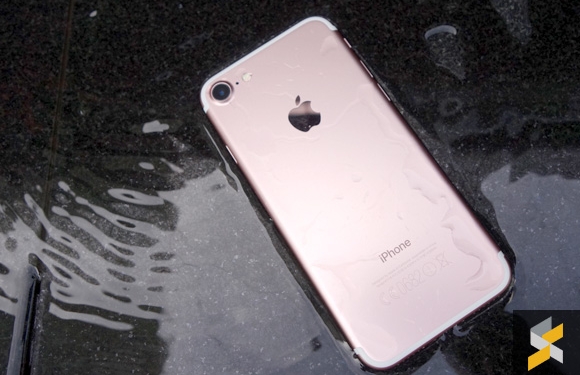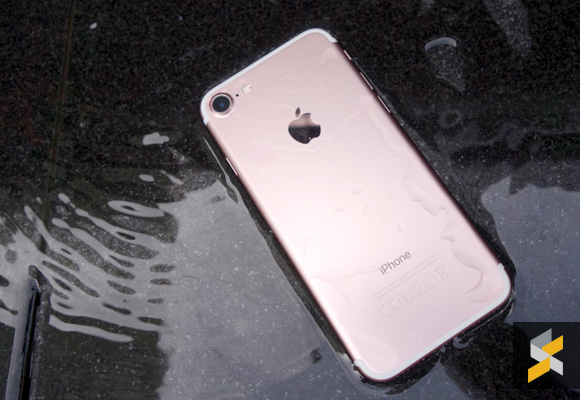According to market researcher Strategy Analytics, Apple‘s iOS lost ground last quarter as their market share for smartphones shipped in Q3 2016 dipped 1.5% to 12.1% compared to the year before. That means only a little more than 1 in every 10 smartphones shipped were iPhones.
In a press release, Strategy Analytics revealed that although the global smartphone market grew 6% annually, the biggest winner was Android, who captured 87.5% of the market share last quarter. That’s a growth of 3.4% annually.
Strategy Analytics director Woody Oh attributes a lot of this success to Androids low-cost services and user-friendly software which remain attractive to hardware makers, operators and consumers worldwide. Unfortunately, things aren’t so cut and dry for the little green robot.
One of their big challenges still comes in the form of the fact that the platform is “overcrowded with hundreds of manufacturers”, few of which actually turn a profit.
To make matters worse, Google’s recent smartphone launch — the Google Pixel and Pixel XL — is an attack on the very hardware partners that made Android popular in the first place. Not only do they have to compete with other operating systems, they also have to compete with themselves.
Still, the fact that the total number of Android devices shipped grew by 10% year-on-year, compared to iOS’ drop of 5.2% (due to “lackluster performance” in China and Africa), is positive news for Google’s operating system.
What about BlackBerry and Windows Phone, you ask? Well, according to Strategy Analytics, these two operating systems have “all but disappeared” from the market.









